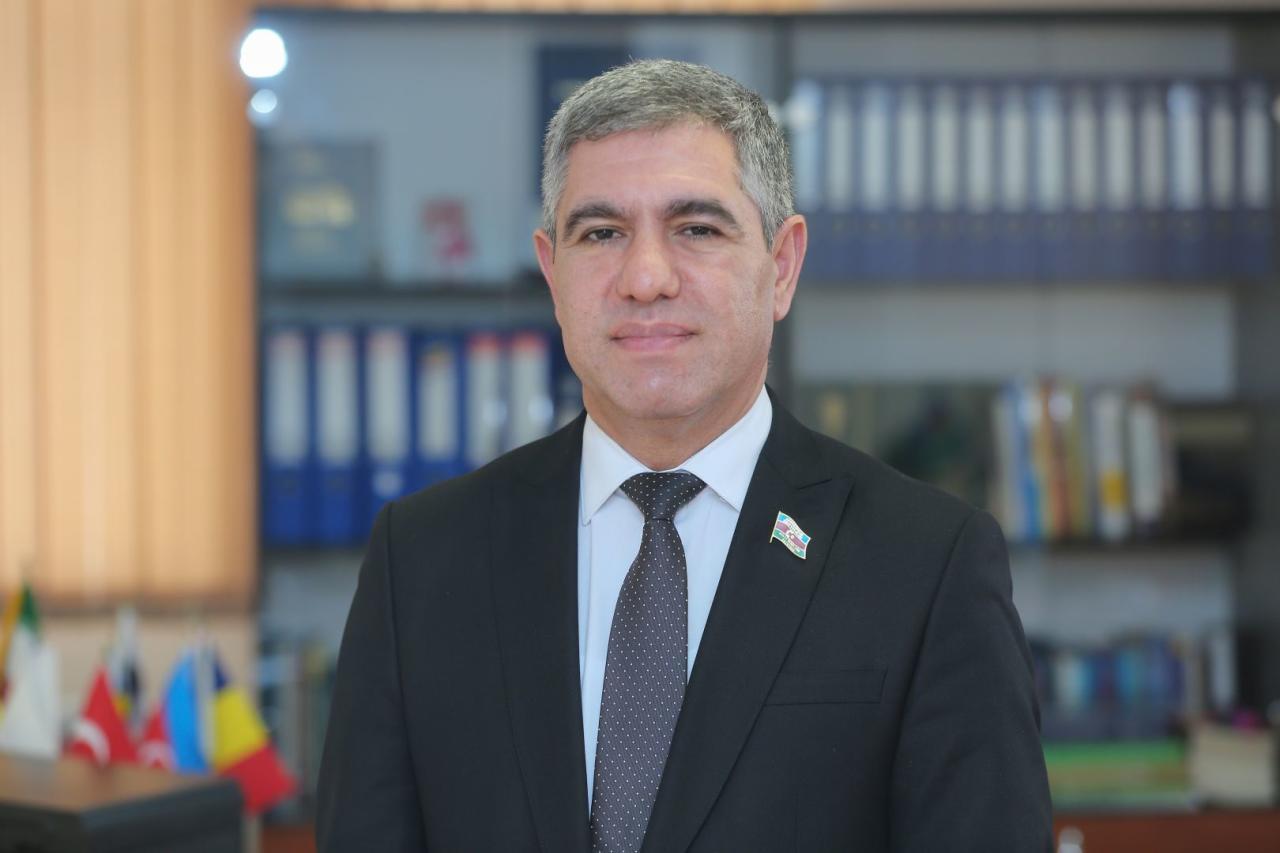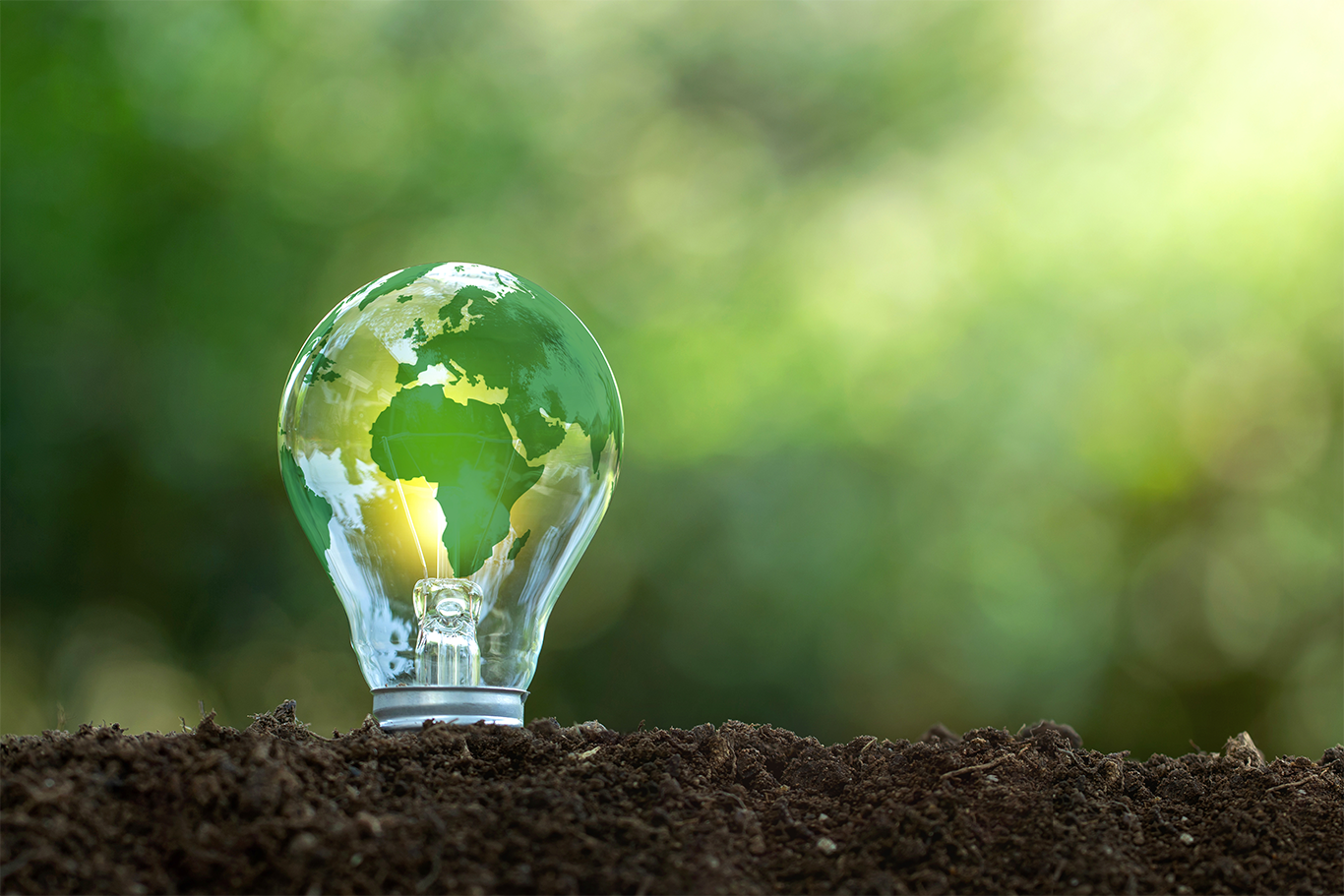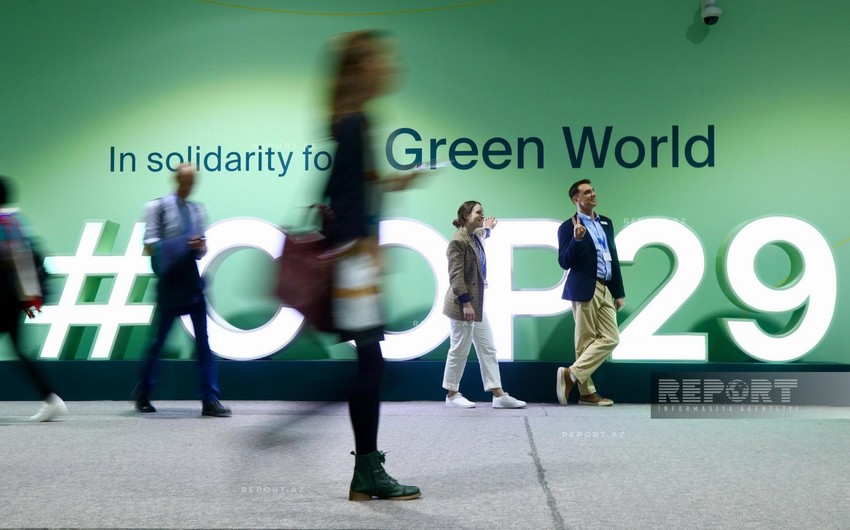Like all COP events, COP29 aims to inform local populations about humanity's future, Azerbaijani MP Vugar Bayramov told Report.
According to Bayramov, while fighting climate change has global significance, it also reveals the active position of regions and different states on this issue:
"Azerbaijan contributes to this process as one of the countries actively working to combat climate change. Discussions at COP29 were closely followed in both online and traditional local media. This is important for informing our citizens. Additionally, local awareness levels and responsible, flexible approaches in fighting climate change are very important."
The MP emphasized the importance of public-private partnerships and social entrepreneurship development:

"Different panels at COP29 reflected the increasing role of the private sector and strengthening corporate social responsibility. This is important for expanding public-private partnerships. As a result, state and private organizations both achieve new goals and establish collaborations. It also creates new opportunities for joint action in fighting climate change."
The economist stated that Azerbaijan's post-COP29 ecological situation depends on how the public and private sectors approach this issue:
"Following President Ilham Aliyev's priority, I can say that Azerbaijan is a country contributing to regional green energy strengthening. Additionally, new activities are planned to improve the ecological situation in Azerbaijan and the region. This year, for the first time, a green budget approach was implemented in the state budget. According to the green budget, 1.3 billion manats ($760 million) will be used for environmental protection. Also, green economy principles have begun to be maintained to some degree in budget expenditures."

Bayramov emphasized the importance of involving both the private sector and households (citizens) in expanding green energy:
"The experience of developed countries shows that not only the private sector but also families produce green energy for their consumption. They also earn income by selling some of it to the general grid. Active participation of families and households in green energy leads to meeting energy needs through alternative sources and generates income for them. Work in this direction is ongoing, and the legislative framework is being formed. Integration opportunities with the general grid have already been created."


 https://static.report.az/photo/6fe57f9e-5ef1-3e4d-a342-7a3aafbe21f8.jpg
https://static.report.az/photo/6fe57f9e-5ef1-3e4d-a342-7a3aafbe21f8.jpg

